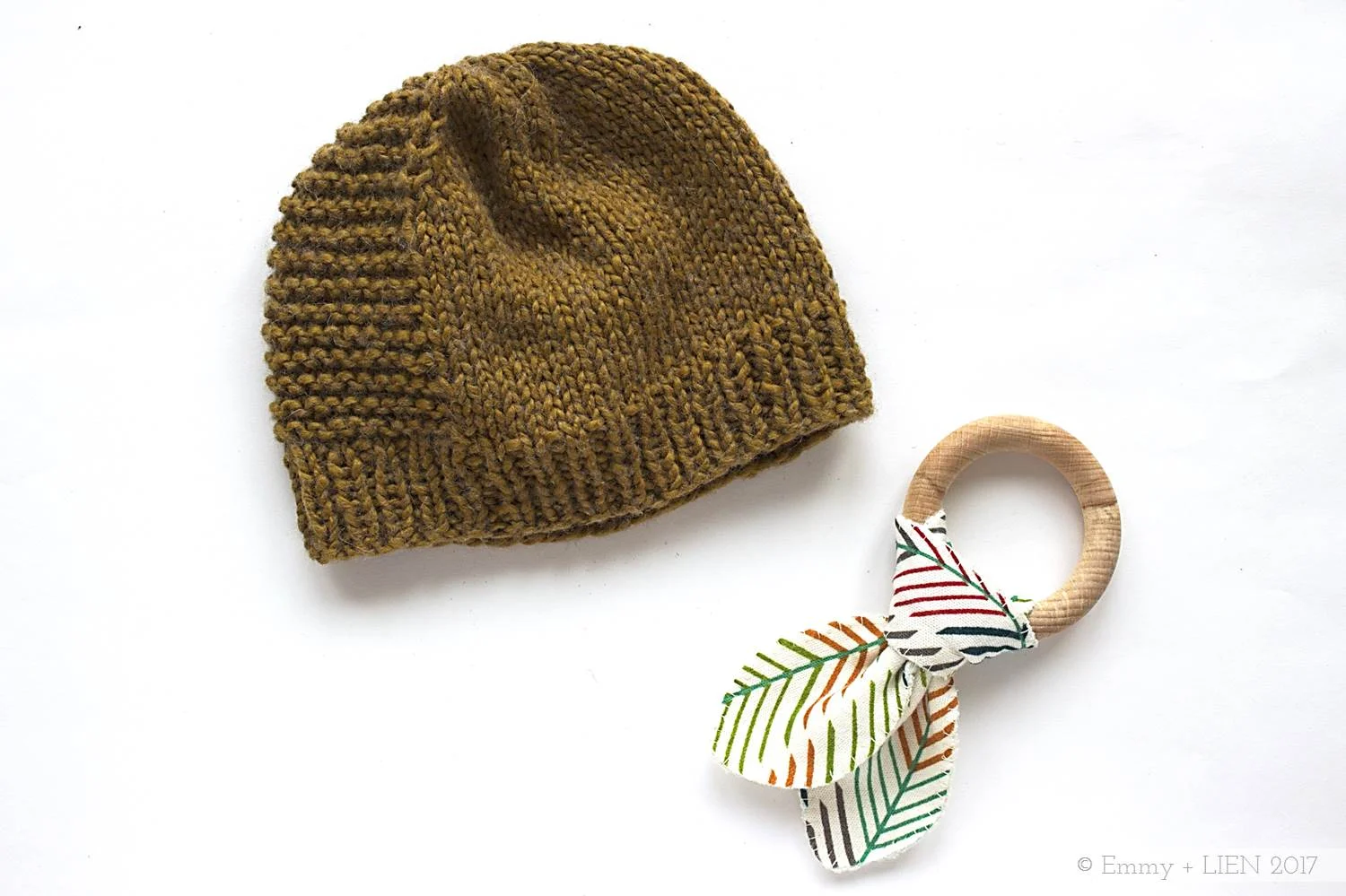YARN REVIEW: de rerum natura Ulysse
What kind of yarn is it?
- Ulysse by de rerum natura is a carded, 100% merino yarn blended from two to three different sheep breeds.
- It's a 2-ply sport weight yarn with a recommended needle size of 3 to 3.5mm. As a loose crocheter, a 3mm hook works best for me. For knitting, 3.5mm wooden needles gave me 24 sts by 36 rows.
- As this is a non-superwash merino, it has a great structure with plenty of bounce and crunch. It does not feel like a slinky, shiny superwash merino at all. Rather, it feels soft in a natural, sheepy way.
- Ulysse comes in a range of 25 shades, including earthy neutrals, soft pastels and a few brights. All shades are available in 50g balls, and the neutrals are also available in 100g hanks.
Who makes it?
Ulysse is made by French company de rerum natura, who aim to create yarns that respect both the animals and people responsible for producing them. The sheep are reared humanely in France or Portugal, and all yarn processing is carried out as ecologically as possible in France.
Plus Points?
- Where appropriate, Ulysse is blended from the fleeces of both white and black merino sheep before being dyed. The result is an incredible depth of colour that manages to look rich as well as earthy.
- Thanks to its slightly crunchy, firm structure this yarn holds stitches very well and is an absolute joy to work with.
- Being merino, it's still soft and fluffy enough to consider wearing next to the skin. It softens further with time.
- It feels lightweight yet warm when worn.
Negatives?
- This yarn is reasonably easy to "break" - pull hard enough on a strand and it will come apart. Thankfully it isn't actually splitty, but when joining two strands with a knot, for example, care needs to be taken. I do also wonder how areas such as elbows would stand up to heavy wear.
- Ulysse should only be handwashed, so you may not want to use it for items that need washing frequently (i.e. baby knits!).
What should I use it for?
Ulysse is especially suited to colourwork such as fairisle, fine cables or lace. It works just as well for garments as for accessories - think feminine cardies, big beautiful shawls or fairisle beanies.
Suggested pattern: Hanabira cardigan
Note: I was not compensated in any way for writing this review












